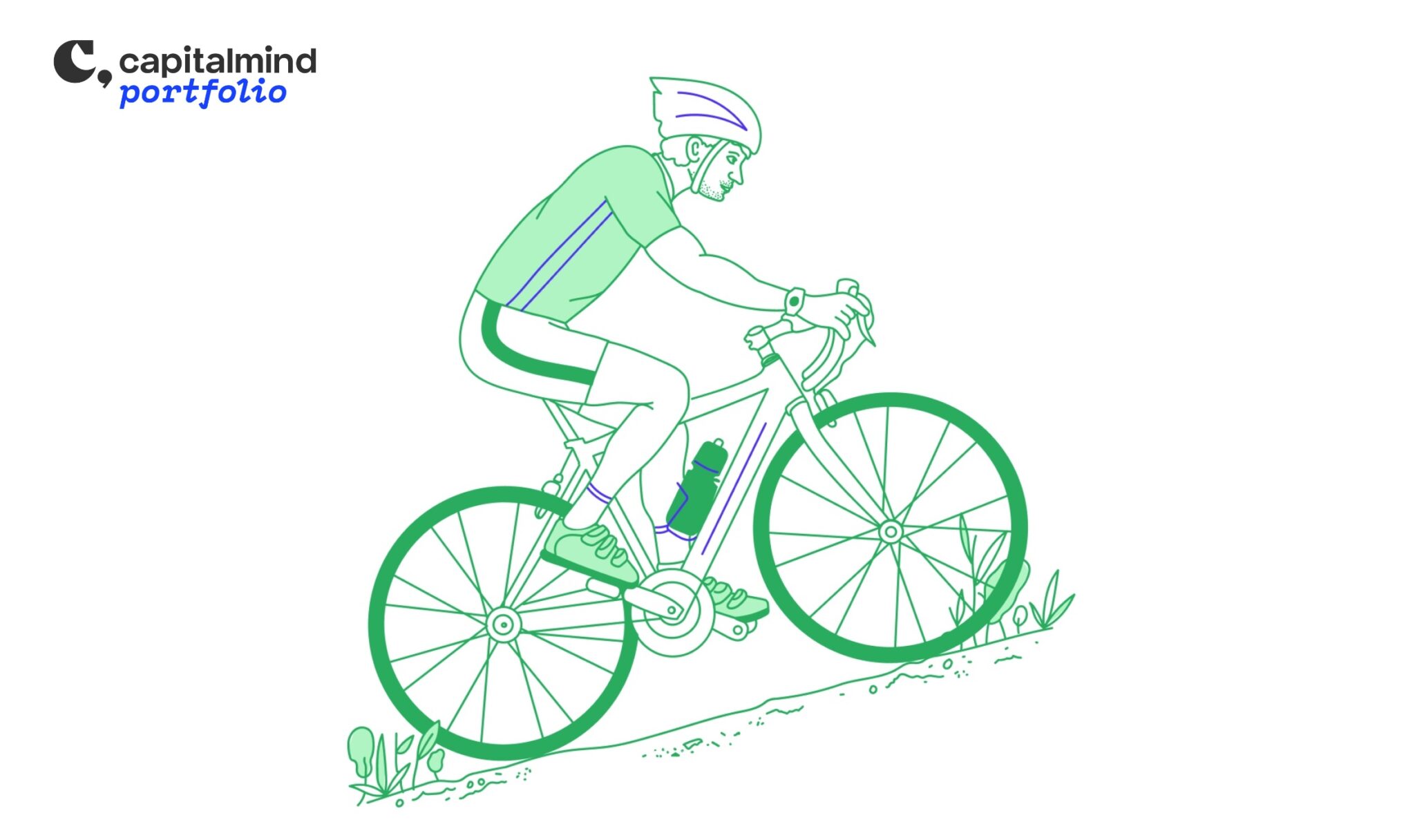At the ripe age of 35, I have decided it’s time to go into startup mode again; so the corporate slavery will end on November 30 – I hope – and I’ll be a free man again. While it’s boring to run over the details, there are just three factors that drove my decision:
- Lack of a life. I know some people have no problem spending 12 hours cooped up in an office looking at market data flowing on a computer screen. I used to do it too. But now I’ve realized I don’t want to.
- I need serious upside. A pot of gold at the other end. A chance to make disproportionately large amounts of money. An asset that I will own even if I am hit by a bus (and don’t die).
- I can do it. I have a “buffer” that allows me to be able to pursue that pot of gold for a certain period of time; and I’ve zero debt.
I think jobs are great for a majority of people, and it’s admirable that some manage to be entrepreneurial even when inside a large company. And most jobs nowadays give you great upside – fat bonuses, profit shares or stock options (those are all great, just not available in every job). But I still think I ought to aspire for something more. Excuse me while I get on a soap box.
You can do many things with money. You could live like there’s no tomorrow, or borrow your way into buying whatever you like, affordable or not. Or, you could scrounge and scrounge and save every paisa until you’re too old to spend it, so you give it to your children. Or take the route of saving a little and spending a little: you’ll grow old, you’ll see what you’ve got and take that world tour with a lot of pictures that you can put on Facebook and Picasa and make the non-retirees envious.
I grossly overgeneralize but these are pretty much the options I see in being perennially employed. Wealth is a means to live life, and the accumulation of retirement money is bit by bit, little by little. It becomes secondary to everything else, especially once you’re spending less than you’re earning; and from time to time, you push back by buying an expensive house, or piling on expensive debt. Once in a while you get taken by an insurance salesman selling crappy endowments or ULIPs (I did). But it hardly bothers you – after all, it’s a few thousand rupees, you’ll earn it back. You’ll get to a crore or two in net worth by the time you retire and things will be great.
The risk? You have a personal disaster which your insurance doesn’t cover (and it doesn’t cover much nowadays) and aren’t able to work anymore. The money tap stops flowing, the net worth isn’t enough, and you have to borrow to meet deficits (much like governments nowadays) – and hope that things get better soon. Some manage to eke it out, others make sacrifices like asking their children to support them, and yet others can’t make it and lose it all. In most of the movies of the 80s, and in a number of middle class houses, stories like this are bandied about; the survivors are heroes, the failures are victims of destiny.
(If you’ve read Taleb, it’s this very aspect of it that he DOESN’T dwell on when he talks about doctors versus lucky people – and it’s this risk that counters the other side to a very large extent)
I can’t be like that. I have family history of asthma, diabetes, high blood pressure, thyroid disorders and heart disease. The risk, for me, is simply too great.
There’s a completely different route. You build something. You own it now. Eventually it has hugely positive cash flow (i.e. it pays you a lot more than you have to pay to maintain it); or it can be sold for a much higher rate because of the value added, brand built etc. Some people did it buying houses – not much by way of a value add, but they just got lucky that the housing model worked when they needed it to. Or buying shares – again, luck favoured the brave, except those who invested in Arvind Mills.
But that again is tough to influence; external factors out of your control will impact your returns and you have little by way of actually influencing increase in value by adding brand value or other value addition. Think, instead, of a different example: a blog or a book. You write, and reap rewards – mostly small, insignificant numbers unless you write about little boy wizards with a mark on his forehead (Note: in case you’re wondering, it’s already been done). Unless you’re REALLY bad you will see some kind of an income stream for which your maintenance cost is next to zero. And you CAN value-add to increase the blog or book’s revenue stream over time.
You can build a business. The scale and size of it are under your control – or mostly so, in that you can do a considerable amount to improve its value. It will of course still be a job; you’ll have to come in daily, and unless you learn to delegate well, you can’t be disabled and hope you’ll still have some income. But it gives you the chance to do so, unlike a regular job. You might get external investors or buyers and have that sudden pay-off that hugely scales your networth and you retire and all that.
Huge risks are that businesses don’t necessarily scale and that you might end up worse than a job. And of course, you’re stuck if the business area screws up, like starting a dot com in February 2000.
And lastly, you can invest in other businesses. Not in the stock markets – you can do that anyway. But in growing private ventures where you get a chance to influence the outcome. Since it doesn’t take all your time, you can “diversify” – do multiple business areas, work with different types of full-time entrepreneurs, and write blogs and get invited to conferences with name tags prefixed with “Angel”, even though you don’t quite feel that halo over your head. The payoff can be disproportionately large if any one venture succeeds; but you must nurture all of them, because if you don’t do justice to any one, it might be the one that succeeds and no one likes a free rider.
The payoffs are different but obviously the last two have one fact working for them: you can influence the outcome. And given the disproportionate gains that happen in successful startups, you tilt odds in your favour compared to investing in just the stock market or in real estate. High payoff, influenceable odds – now that’s a bet worth taking.
(You might say that failure is rife too. Sure it is. But the cost of losing isn’t quite as high in the era of cheaply startable businesses. To a thick skinned person like me, there’s no fear of shame – I couldn’t care less what anyone else thinks.)
I’d love to be the last – the investor. It needs money I don’t have. But at least I’m collecting skills to be able to advice/mentor/connect startups once I do get the money. I’ve been the business (co) owner and will be going down that route again. But that disproportionate payoff – that is absolutely essential, I’ve decided. So it’ll be that way unless I run out of whatever I have left. (Disclaimer: I got enough buffer for emergencies, child education and all that. So it’s not just as whimsical as I make it sound)
What am I going to do? Something I love doing. [Work devoid of passion doesn’t usually have mega-payoffs.] Details are sketchy and I’ll talk about it once I’ve worked it all out. My skills are in financial technology space; my interest areas are in startups, social media, reducing intermediation costs and in education, my priority is to get healthy and keep quality family time while I’m on the drawing board.
(The older I get the more I realize exactly what I DON’T want to do. Arbitrage, for now, is one of them, and day-trading is another – been there, done that, but the trade-off of having one’s brain turn to jelly is too expensive.)
I’ll stop abruptly because this has gone on way longer than it should have. Most of you won’t even have gotten here, but hey this is a blog and once in a while I’m entitled to write what I really think, even if it seems irrelevant. Thanks for listening, and I appreciate your comments.



